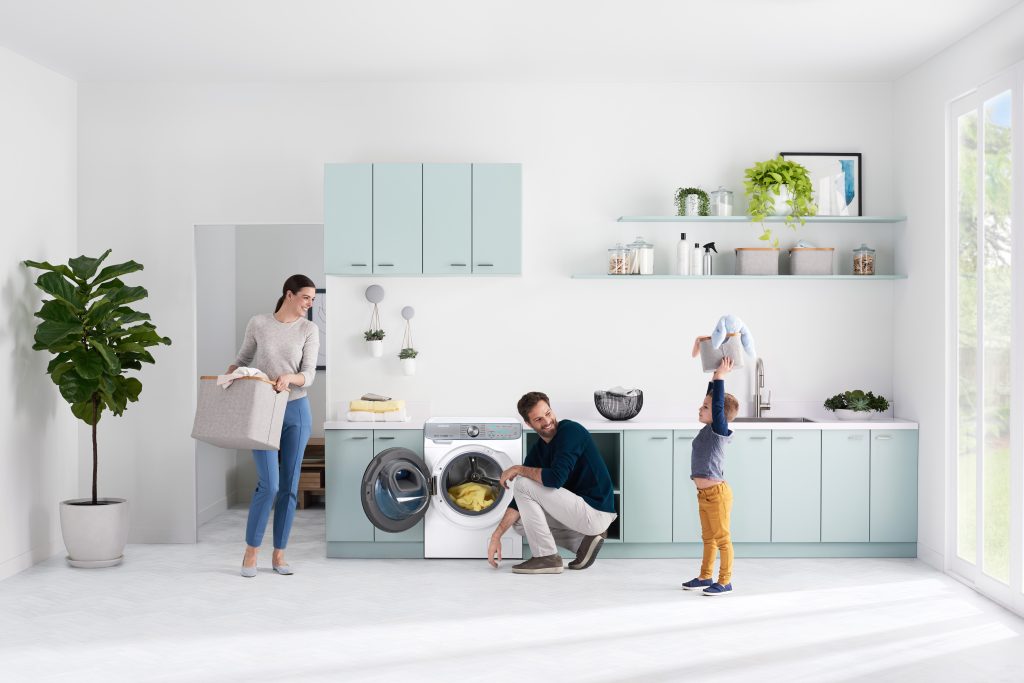Introduction
In today’s world, energy efficiency is not just a buzzword; it’s a necessity. With growing concerns about environmental impact and rising energy costs, making your home more energy-efficient has never been more important. One of the most effective ways to achieve this is by upgrading to energy-efficient appliances. In this article, we will explore how these upgrades can save you money in the long run.
The Fridge Isn’t Cooling Properly
Understanding the Problem
Before delving into the benefits of energy-efficient appliances, it’s crucial to comprehend the issues associated with energy inefficiency. Traditional appliances consume a significant amount of electricity, leading to higher utility bills. Moreover, they contribute to increased carbon emissions, harming the environment.
Rising Energy Costs
Energy costs have been steadily increasing over the years. Using old, energy-guzzling appliances can lead to a significant financial burden. Upgrading to energy-efficient alternatives can help offset these rising costs.
The Advantages of Energy-Efficient Appliances
Lower Energy Bills
One of the most immediate benefits of energy-efficient appliances is reduced energy consumption. These appliances are designed to use less electricity while delivering the same or even better performance. As a result, you’ll notice a substantial drop in your monthly energy bills.
Environmental Benefits
Energy-efficient appliances have a smaller carbon footprint. By using them, you can contribute to reducing greenhouse gas emissions and combat climate change. It’s a small step that can have a significant impact on the environment.
Extended Lifespan
Many energy-efficient appliances are built to last longer than their traditional counterparts. While the initial investment might be slightly higher, you’ll save money in the long run by not having to replace your appliances as frequently.
Types of Energy-Efficient Appliances
1. Energy-Efficient Lighting
Switching to LED or CFL bulbs can save you a substantial amount of money on your lighting bills. These bulbs use significantly less energy and last much longer than incandescent bulbs.
2. Energy-Star Certified Appliances
When shopping for new appliances, look for the Energy Star label. These appliances meet strict energy efficiency guidelines and can save you hundreds of dollars annually.
3. Smart Thermostats
A smart thermostat can help you optimize your heating and cooling system, reducing energy wastage and lowering your heating and cooling bills.
Financial Incentives and Rebates
Government Programs
Many governments offer incentives and rebates to encourage the use of energy-efficient appliances. These programs can offset the initial cost of purchasing these appliances, making them even more affordable.
Making the Switch
Assess Your Current Appliances
Start by evaluating your existing appliances and identifying which ones are the biggest energy hogs. These are the ones you should consider replacing first.
Budgeting
Create a budget for your appliance upgrades. Factor in potential rebates and incentives to determine your final costs.
Professional Installation
For some appliances, it’s best to have them professionally installed to ensure optimal efficiency. This initial cost can pay off in the long run.
Conclusion
Investing in energy-efficient appliances is a smart decision both for your finances and the environment. By reducing your energy consumption, you can significantly lower your utility bills while playing a part in the global effort to combat climate change. So, when it’s time to replace your old appliances, remember that making the switch to energy-efficient options is a win-win choice.
FAQs
- Are energy-efficient appliances more expensive?
Energy-efficient appliances may have a slightly higher upfront cost, but the long-term savings on energy bills usually outweigh the initial investment.
- Can I retrofit my existing appliances to be more energy-efficient?
In some cases, you can make improvements to existing appliances, but it’s often more cost-effective to replace them with energy-efficient models.
- How do I find out about available government incentives and rebates?
Check with your local government’s energy department or visit their website for information on available programs.
- Are there any tax benefits to using energy-efficient appliances?
Some regions offer tax credits for energy-efficient home improvements, so it’s worth exploring these potential benefits.
- Do all energy-efficient appliances have the Energy Star label?
Not necessarily. While many energy-efficient appliances carry the Energy Star label, it’s essential to check for certification from other reputable organizations as well.








